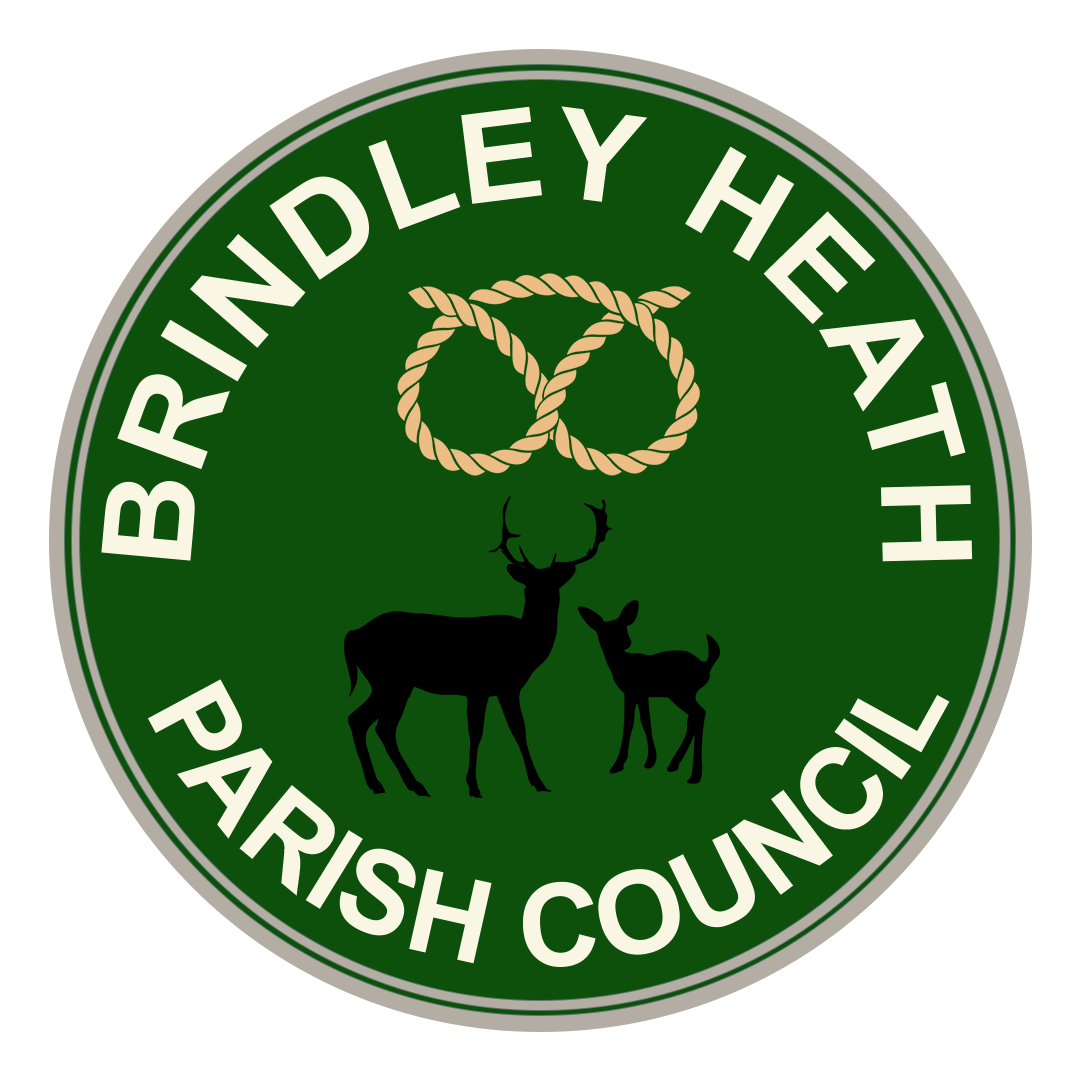The Standards Regime
The rules and processes relating to standards and the conduct of members and co-opted members of councils changed on 1 July 2012. The changes have arisen as a result of the Localism Act 2011, and regulations made under the Act.
The Act places an obligation on councils (including town and parish councils) to promote and maintain high standards of conduct by members and co-opted members of the authority, and in particular, to adopt a code that specifies the conduct expected of members and co-opted members when they are acting in that capacity.
Parliament had decided to abolish the Standards Board regime and all the old rules under it. The new standards arrangements leave it largely for councils themselves to decide on their own Code which can incorporate local rules; although within them are some national rules about councillors’ interests. The new rules are similar to those that were in place prior to the Standards Board regime.
The old rules originated from the Local Government Act 1972 and the Local Government and Housing Act 1989, which required local authority members to register their pecuniary interests in a publicly available register, and to disclose their interests and withdraw from meetings in certain circumstances. Failure to comply with those rules was in certain circumstances a criminal offence; as is failure to comply in certain circumstances with the new rules.
The new Code of Conduct no longer has to be based on a model code with mandatory provisions prescribed by the Secretary of State. Instead, the Code, with its local rules, has to, ‘when viewed as a whole’, be consistent with seven general principles of conduct:
The Nolan Principles
The Nolan Principles of Conduct Underpinning Public Life
Selflessness Holders of public office should act solely in terms of the public interest.
Integrity Holders of public office must avoid placing themselves under any obligation to people or organisations that might try inappropriately to influence them in their work. They should not act or take decisions in order to gain financial or other material benefits for themselves, their family, or their friends. They must declare and resolve any interests and relationships.
Objectivity Holders of public office must act and take decisions impartially, fairly and on merit, using the best evidence and without discrimination or bias.
Accountability Holders of public office are accountable to the public for their decisions and actions and must submit themselves to the scrutiny necessary to ensure this.
Openness Holders of public office should act and take decisions in an open and transparent manner. Information should not be withheld from the public unless there are clear and lawful reasons for so doing.
Honesty Holders of public office should be truthful.
Leadership Holders of public office should exhibit these principles in their own behaviour. They should actively promote and robustly support the principles and be willing to challenge poor behaviour wherever it occurs.
Code of Conduct
The Localism Act also provides that councils must ensure that their code of conduct includes the provisions the authority considers appropriate in respect of the registration and disclosure of pecuniary interests and interests other than pecuniary interests.
Brindley Heath Parish Council adopted a Code of Conduct on 9 October 2012. The Code is the Code of Conduct devised and adopted by Cannock Chase Council (in July 2012).
